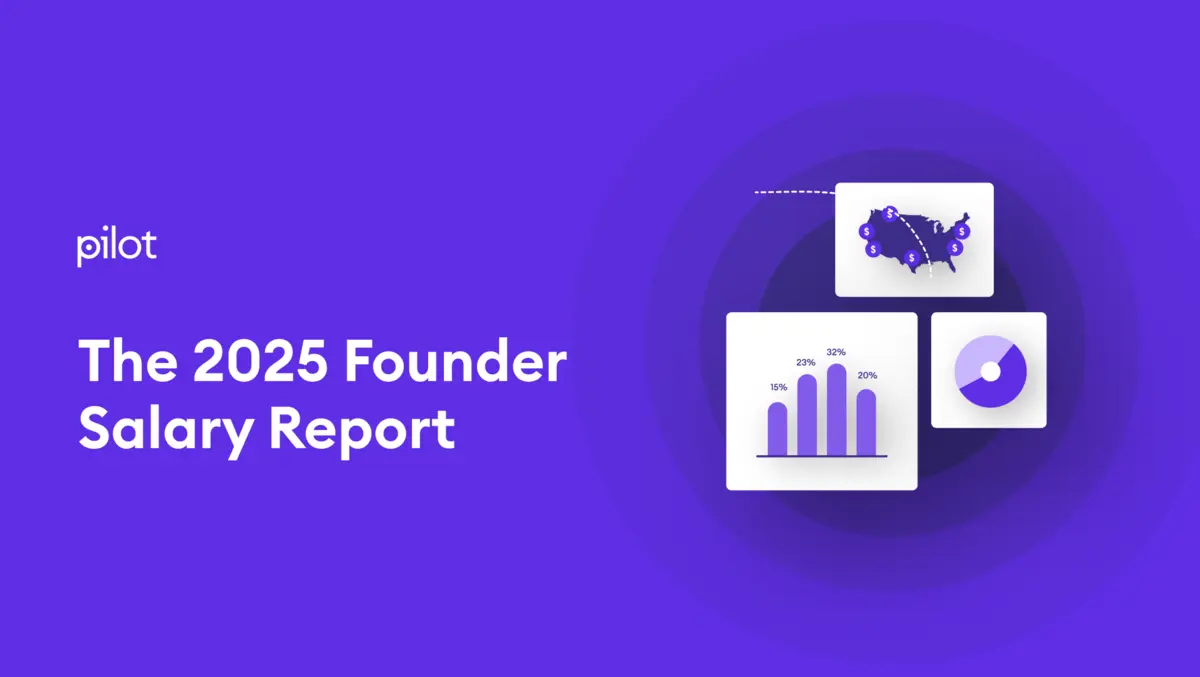
AI startup founders earn more despite industry decline
A new report from accounting firm Pilot indicates that founders of artificial intelligence startups are earning significantly higher salaries than their counterparts in other sectors despite a general downward trend in startup founder compensation.
The 2025 Founder Salary Report by Pilot, which surveyed 1,844 startup founders, revealed that the median salary for AI founders is USD $90,000, notably 20% higher than the broader industry average.
This is set against a backdrop where median founder salaries overall have declined sharply by 43% over the past year, from USD $132,000 to USD $75,000.
The report highlights a marked increase in the number of AI-focused startups, which have almost tripled from 14% in 2024 to 40% in 2025. This rise underscores a significant shift in the concentration of entrepreneurial talent towards artificial intelligence.
Economic pressures have resulted in 60% of founders now paying themselves less than USD $100,000 annually, up from 37% the previous year, and bootstrapping has increased by 57%. Yet AI startups continue to stand apart, as they benefit from specialised expertise and better access to capital. AI Big Data venture founders, for instance, command a median salary of USD $150,000, which is double the average for all founders. This trend continues with AI Software founders earning USD $100,000 and those in industrial and manufacturing sectors earning USD $111,250.
The report suggests that several factors contribute to the higher compensation seen in the AI sector. Many AI founders transition from highly paid technical roles, bringing skills in machine learning engineering and data science that are in high demand even in early-stage startups.
The report also notes robust funding opportunities for AI companies, even as overall funding levels have fallen significantly, with median funding dropping from USD $4 million to USD $500,000. AI startups, particularly those with specialised applications, seem better positioned to secure capital.
Geographically, the San Francisco Bay Area leads in AI founder salaries with a median of USD $135,000, followed closely by Boston at USD $150,000 and New York at USD $138,000. These figures exceed the regional averages, pointing to a premium for AI expertise regardless of location. The San Francisco median for all founders is USD $103,000, indicating a 31% difference compared to AI founders.
The report identifies business model advantages that may underpin these higher salaries. AI startups often achieve quicker revenue generation, scale efficiently, and can demonstrate value early on through pilot projects, allowing for sustainable founder economics and the attraction of high-calibre technical talent.
AI founders with larger teams of 26 or more employees report significantly higher earnings, with a median salary of USD $150,000 compared to USD $119,500 for founders in other sectors of the same size. The data also shows that AI founders in a growth phase earn 25% more than those in earlier stages, suggesting compensation increases as company traction improves.
A consistent pattern emerged in the data where founder salaries increase with team size up to a certain point, stabilising at 11-25 employees. AI founders with 0-5 employees earn USD $72,308, surpassing the broader founder baseline of USD $55,000. At the 11-25 employee stage, AI founder salaries reach USD $100,000.
The business model influences AI founder earnings as well, with B2B AI founders earning a median of USD $120,000 compared to USD $95,333 for B2C models. This mirrors a wider trend where B2B founders typically receive higher compensation, reflecting more predictable revenue patterns.
Specialised applications in industrial settings, healthcare, and financial services command the highest AI founder salaries, while consumer-facing and marketing applications have lower figures, albeit still above the overall founder average.
The report speculates on the potential long-term implications of the AI salary premium on the broader tech landscape. It suggests that as AI tools become increasingly adopted across various sectors, a blurring distinction between "AI companies" and "companies using AI" could elevate founder compensation overall.
Despite the higher earnings, the report emphasises that AI founders, like their counterparts in other sectors, continue to base salary decisions on financial sustainability, prioritising what their companies can realistically afford. This highlights the importance of capital efficiency in the current startup environment.
Pilot's findings provide valuable insights for both entrepreneurs considering the AI sector and for investors benchmarking founder compensation in today's evolving startup landscape.


